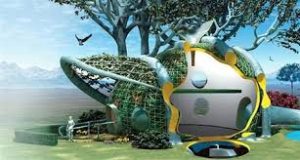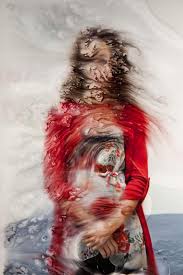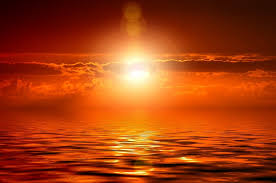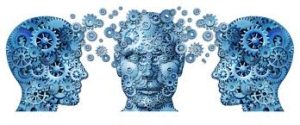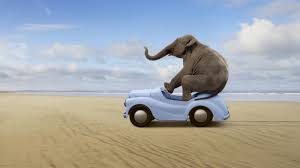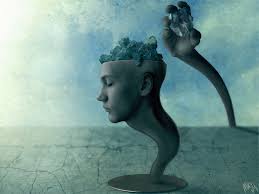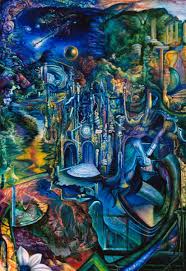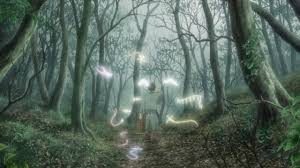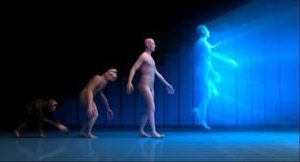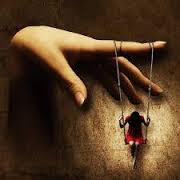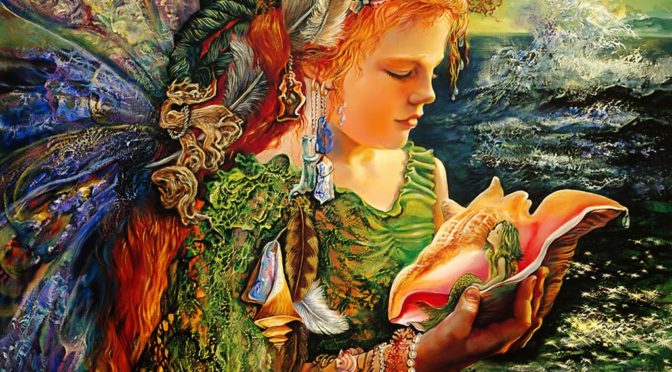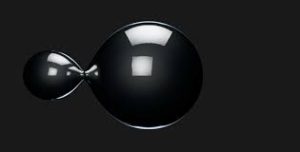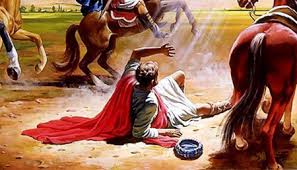As mental genes are behind the physical genes, so to speak, so are mental enzymes behind the physical stuff we can examine on our plane. Chlorophyll is such a mental enzyme, and there are more which I will describe in later blogs.
In a sense, any color or quality of that nature could be considered a mental enzyme. There is an exchange of sorts between the mental and physical without which, for example, color could not exist. I use color here as an example because it is perhaps easier to understand how this could be a mental enzyme than it is to perceive the same thing about chlorophyll. Chlorophyll is green in more than color, incidentally.
Nevertheless, there is an interaction here which gives chlorophyll its properties. I hope to make this clearer, but it involves part of a larger concept for which we do not now have the proper background. Chlorophyll is a mental enzyme, however, and it is one of the moving forces in our plane. A variant exists in all other planes. It is a mental spark, so to speak, that sets everything else into motion.
This also has to do with feeling, which is also a mover. We must try not to categories things in old ways, but when we open our mind, we will see a similarity between chlorophyll, as a mental enzyme or mover, and emotion which is never still. Emotion ‘solidified’ is something else again and is perhaps a framework of other worlds.
Perhaps I may be able to make mental enzymes clearer. In our own experience, we are familiar with steam, water and ice. These are all manifestations of the same thing. So can a seemingly physical chlorophyll be also a part of a seemingly immaterial emotion of feeling, but in a different form — and, of course, directed into this form or caused to take various forms in response to certain laws — as our ice will not exist of itself in the middle of our summertime.
Some might find the phrase ‘solidified emotion or feeling’ outlandish. Some understand now that our plane is composed of solidified thought. When our scientist get through with all their high fiddle-faddle, they will also discover that this is the case.
When I spoke of in my earlier blog to imagine the wire structure penetrating everything that is, I meant you to imagine these wires as being alive, as I am a live wire myself. Joking aside. I will now ask you to imagine these wires as being composed of the solidified emotion of which I have just spoken. Surely you must know that the words feeling or emotion are, at best, symbols to describe something else, and that something else comes extremely close to our mental enzymes.
Actually, a counter-action within a mental enclosure occurs. A mental enclosure divides itself in two, splits up, multiples, acts upon its own various parts, and this produces a material manifestation. The ‘material’ is material, yet it is mentally produced. The mental enzymes within the enclosure are the elements that set off the action, and — listen to this — they are also the action itself.
In other words, the mental enzymes not only produce action in the material world, but they become the action. If you will read over the above three or four paragraphs, you will come close to seeing where mental and physical become one.
We know what love and hate are, but as I told you earlier, try to think in new ways. Love and hate, for example, are action. They are action and they both imply action in physical bodies.
These mental enzymes, to go back to them, are solidified feeling, but not in the terms that we usually use. I have said that our imaginary wires that seem to permeate our model universe are alive; and now if you bear with me, I will say that they are mental enzymes or solidified feelings, always in motion, and yet permanent enough to form a more or less consistent framework. We could almost say that mental enzymes become the tentacles that form material — though I do not find that a very pretty phrase.
The framework, again, is only for convenience, as our physical walls are for our convenience, as I mentioned earlier. The walls are not there as such, but we had better act as if they were or suffer a possible broken neck. I must still respect many like frameworks in my own plane, but my understanding of them less opaque.
Intellectual truth will not make us free, you see, though it is a necessary preliminary. If this were the case, our walls would fall away, since, intellectually, we understand their rather dubious nature. Since feeling is so often the cohesive with which mind builds, it is feeling itself which must be changed if we would find freedom from our particular plane of existence at our particular time. That is, changing feeling will allow us to see variants. These discussions now are, of necessity, of a simple and uncomplicated nature. If I speak in analogies and images, it is because I must relate with the world that is familiar to us.
I am convinced that the human mind or consciousness has abilities and methods of perception far beyond those we had thought possible.






